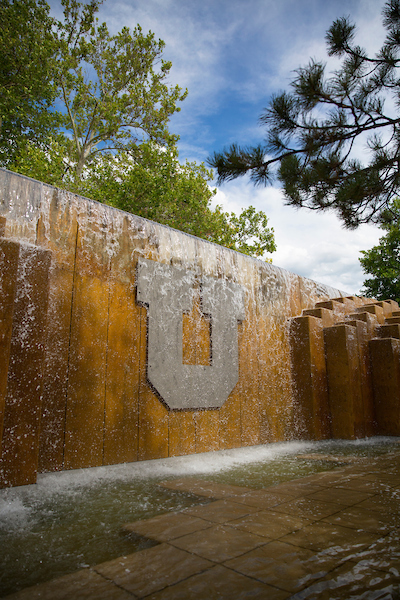Testing of an indoor climbing program to promote physical, mental and social well-being for college students

College-aged individuals establish lifestyle and health behaviors that are important for mental and physical health in the life course. Physical activity positively influences body awareness as well as overall well-being among college students. Indoor climbing has been shown to have therapeutic benefits among children and young adults with mental health issues, increase motivational competence and achievement motivation, and improve cardiorespiratory fitness and muscular endurance. Rock-climbing enhances teamwork because of the necessity of climbing partners to assist each other. Therefore, rock-climbing naturally develops comradery and alliances between groups. Despite the increased popularity of climbing sports among young adults, research on indoor climbing and health promotion on college campuses is lacking. Based on social influence theory, this study will examine how an indoor climbing program enhances social network and social capital, socialization, and social norms and as a result promotes health. This project will aim at examining the effectiveness of indoor climbing on health and social behavioral change among college students. In addition, this project will be related to the creation and preliminary testing of a new behavioral intervention. To achieve the specific aims, a mixed-method approach will be used – quantitative pre- and post-surveys and a qualitative method (focus groups).
Current Status
2025-02-03
Indoor climbing program
In Fall 2023 and Spring 2024, we provided the indoor climbing intervention program to undergraduate students. Thirty participants who completed the program filled out pre- and post- surveys to measure their physical, mental and social health, and attended at least 10 climbing sessions (out of 12 sessions) and a focus group. The results of the pre- and post- tests indicate that 1) self-rated general health, self-esteem, life satisfaction, social connection and sense of belonging were improved; and 2) stress and anxiety levels were reduced. The qualitative results support the quantitative results. The results will be presented at the Research on Capitol Hill and the 1U4U Symposium on Feb 20, 2025. A peer-reviewed manuscript will be prepared.
Interviews with climbers
Thirty indoor climbers aged 18-25 were interviewed from October 2023 to December 2023. Most participants agreed that indoor climbing positively affected all three areas of their well-being. A manuscript was submitted to a peer-reviewed journal in September 2024. We are currently working on RR1.
Follow-up study
We conducted a follow-up study in Fall 2024 with the participants of the indoor climbing program who were in the project in Fall 2023/Spring 2024. We are currently working on data analysis.
Publications
Not yet published. N/A
Collaborators
Akiko Kamimura
College of Social and Behavioral Science
Sociology
Project Owner
HAIMANTI BHATTACHARYA
College of Social and Behavioral Science
Economics
KATHLEEN FRANCHEK-ROA
School of Medicine
Pediatric Administration
JEFFREY ROSE
College of Health
Parks Recreation And Tourism
Project Info
Funded Project Amount$30K
Keywords
indoor climbing; college students; health promotion; teamwork; physical health; mental health; social well-being
Project Status
Funded 2023
Poster
View poster (pdf)
